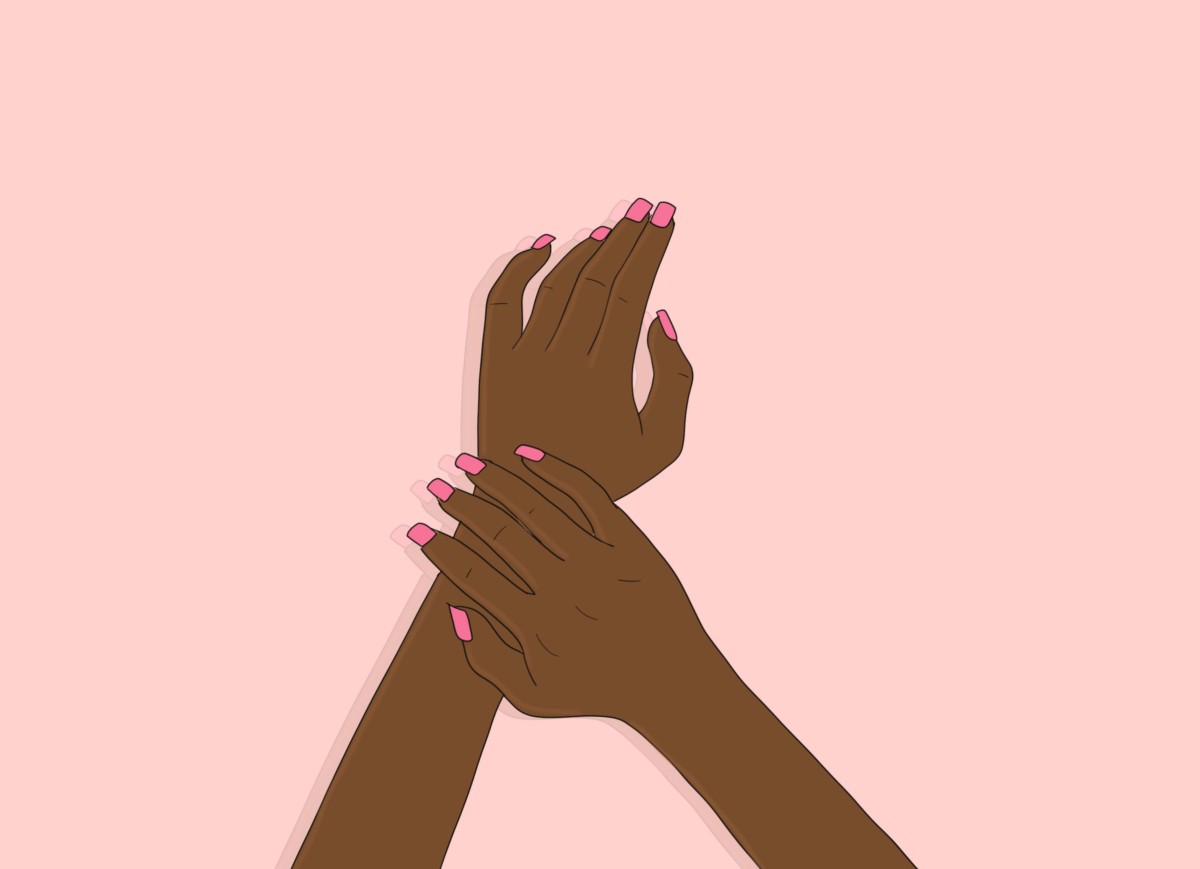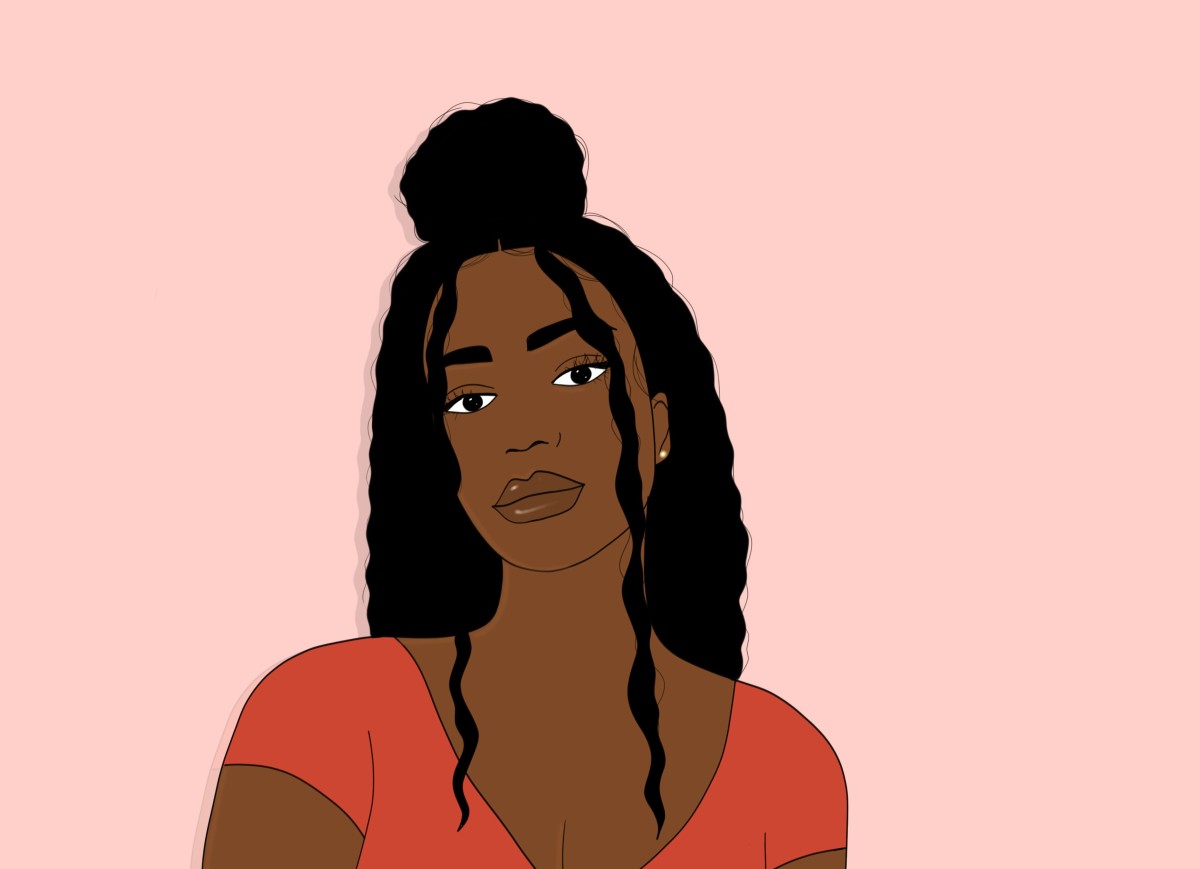Last month John Boyega was trending on social media. And given his role in the newly released box office hit, The Woman King, you’d be forgiven for thinking it had something to do with the film. But no. John Boyega caused outrage for deigning to utter five controversial words in a GQ interview: “I only date Black women.”
Yes, that’s right. The Twittersphere went into a meltdown after hearing that a Black man exclusively dates women of his race, with much of the backlash rooted in the claim that John’s admission exposed a double standard.
One Twitter user, @ada_akpala, wrote “if a White actor said they only dated White women, many would not defend his right to have ‘preferences.’ They would call him racist.”
And during an appearance on GB News, self-titled broadcaster and cultural commentator, Dominique Samuels, said the “virtue signalling Hollywood world that [John Boyega] inhibits would see it as racist if a White person said it,” adding that White people were not able to state their preferences “without being called a racist or bigot.”
White men have always preferred White women
But such accusations ignore the fact that White people often do indicate a racial preference. Sometimes it’s outright – like when John Mayor joked that his “dick was a White supremacist” – but often it’s coded. When White people express a preference for ‘blue eyes’ or ‘blondes over brunettes’ they’re using physical indicators that simply do not apply to Black people. I’ve even heard White men insist that their partner be a ‘natural blonde’ making it very clear that they aren’t interested in blonde box braids.
And even their attraction to darker features exclusively denotes other White people; just consider the phrase ‘tall, dark and handsome’. It comes from the English Romantic movement, which idolized fair-skinned brunettes like Lord Byron as ‘dark’ and found those of continental European descent – like Spaniards or Italians – exotic. Given that White men literally made a film titled ‘Gentlemen Prefer Blondes,’ I think they’ve already made their preference pretty clear.
Racial preferences may not be problematic

Most of us would agree that dating preferences are fine so long as the preference isn’t rooted in hate. Saying “I only date White women because that’s who I’m attracted to” is very different from claiming “I only date White women because, ewwww minorities.”
John Boyega said as much when he took to Twitter to defend himself, tweeting “always thought certain reactions to preference would only occur if you belittle other people while expressing what you like. This would mean your preference is based on negativity. All I have expressed is my love for cultural familiarity and the positivity I feel.” Clearly, John’s desire for a Black partner comes from a need for similarity, familiarity and understanding in a relationship.
Black people dating interracially run the risk of partners who are not educated on Black issues, may face harm from a partner’s racist family and must navigate a lack of cultural understanding. Intra-racial relationships, in comparison, can provide a cultural and emotional safety net that interracial love simply cannot.
Black is ugly — White and fair is beautiful
Though we’d like to believe that attraction is an unconscious preference, in reality, social conditioning plays a massive part in determining desirability, shaping who and what is considered beautiful. Centuries of white supremacy, eurocentrism and colonialism have influenced the way we think, with Caucasian features (or the closest thing to them) being placed at the top of the beauty hierarchy while any deviation from them is widely regarded as undesirable.
For Black women, whose appearance is the furthest thing from the white ideal, this means that our features are regarded as less attractive when compared to women of other races. And even within Black communities, there’s a beauty scale, with mixed-race or ambiguous Black women taking the top spot. This ranking has historical origins that can be traced back to slavery. On plantations, mixed-raced children born to Black slaves and White male slave owners were given better treatment than their darker-skinned counterparts. Under this system, proximity to whiteness improved your quality of life enforcing an idea that has trickled down generations that whiteness is best.
Unfortunately, these beauty standards play out in the dating market. In 2018, NPR reported that Black women were the least sought-after race of women on dating sites. And a 2014 OK Cupid study found that while Black women reply to messages from men of all races at the highest rates on the site, Black women receive the least replies.
Loving Black women goes against the status quo
So it feels like the Boyega discourse is really a reflection of how people view Black women as the least favourable option in the dating market. The uproar isn’t because John Boyega prefers Black women, it’s because everyone is shocked he prefers Black women!
Over the years, we’ve seen increasing numbers of Black male celebrities with White partners; and landing an attractive, White wife is still seen as a symbol of success. So for a Black man – and one who is rich and famous enough to have his pick of women – to choose a Black woman goes against everything we know about desirability and partnership. To these people, it’s like choosing a Ford when you could have a Ferrari. And people will always criticise what they don’t understand.
The Black Lives Matter movement really intensified the image of Black women as social justice warriors – fighting the evils of racism, misogyny and capitalism – while lighter, brighter and whiter women were allowed to be romantic partners and love interests. And in the last year, we’ve seen people become triggered when Black women are presented in ways that challenge these positions. Just look at how the internet responded when Halle Bailey, a Black woman, was cast as Ariel in a live-action remake of the Little Mermaid. The film’s trailer was quickly flooded with 1.5 million dislikes from angry “fans” with many of the comments transparently racist.
There was similar backlash on social media towards the Black Women in luxury movement. The criticism of Black women in luxury essentially boiled down to: ‘Black women shouldn’t be enjoying luxury holidays, purchasing designer bags or visiting expensive restaurants – they should be building the Black community and overthrowing the White man.’ Too often Black women are placed into social boxes that come with restrictive rules about how we should behave and what we should expect – and being a man’s first pick simply isn’t one of them.
I’ll bet if a Black man were to publicly profess a preference for non-Black women – whether using coded language like “I like redheads” or outrightly saying “I only date Latinas” – we wouldn’t see the same televised debates on GB News or Telegraph op-eds dedicated to the subject matter, because it’d be in line with the world’s expectations.
Don’t get me wrong, Black men (or any men) shouldn’t be applauded for dating Black women – but John Boyega’s celebration of Black women does mean a lot in a world where the default messaging is often the opposite. Being loved out loud is still one of the most radical things that can happen to a Black woman. And that’s sad.
Find more relationship articles here >
Written by Blu Mckenzie
Illustrated by Francesca Mariama


Well written. It’s sad, that we feel as black people, are made to feel inhuman.